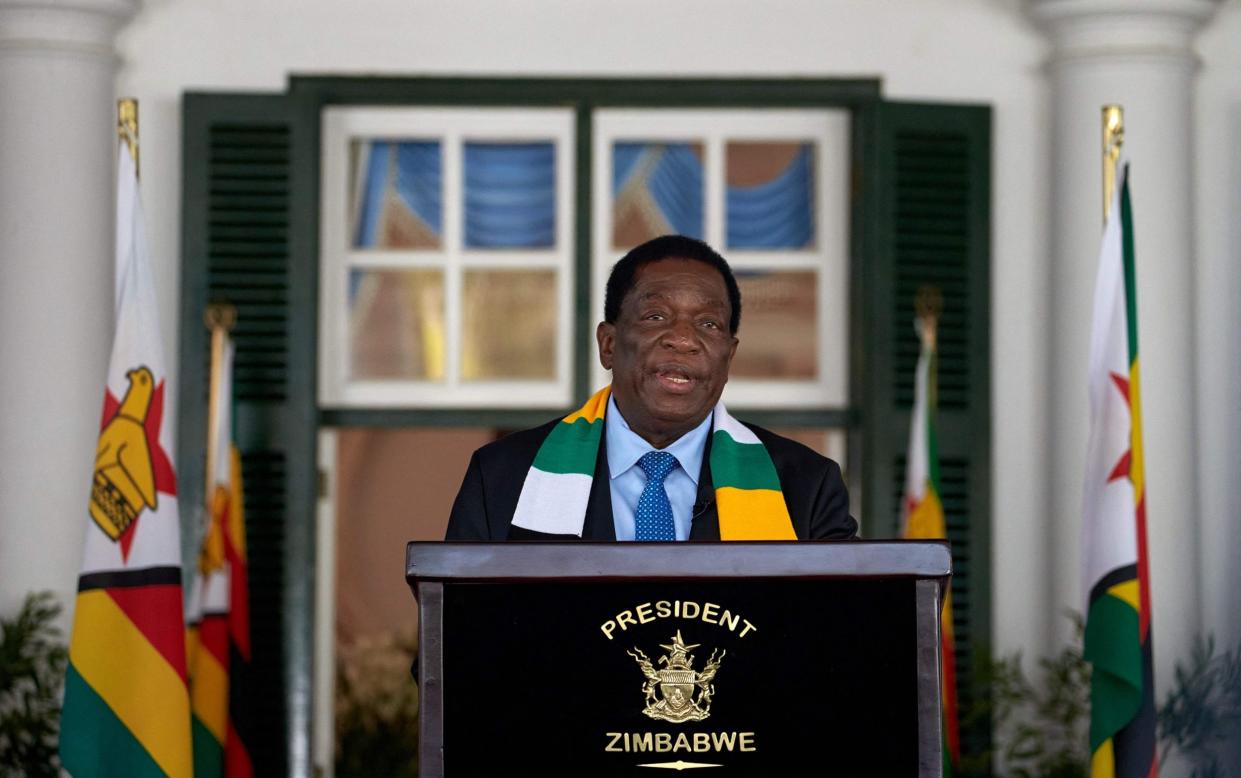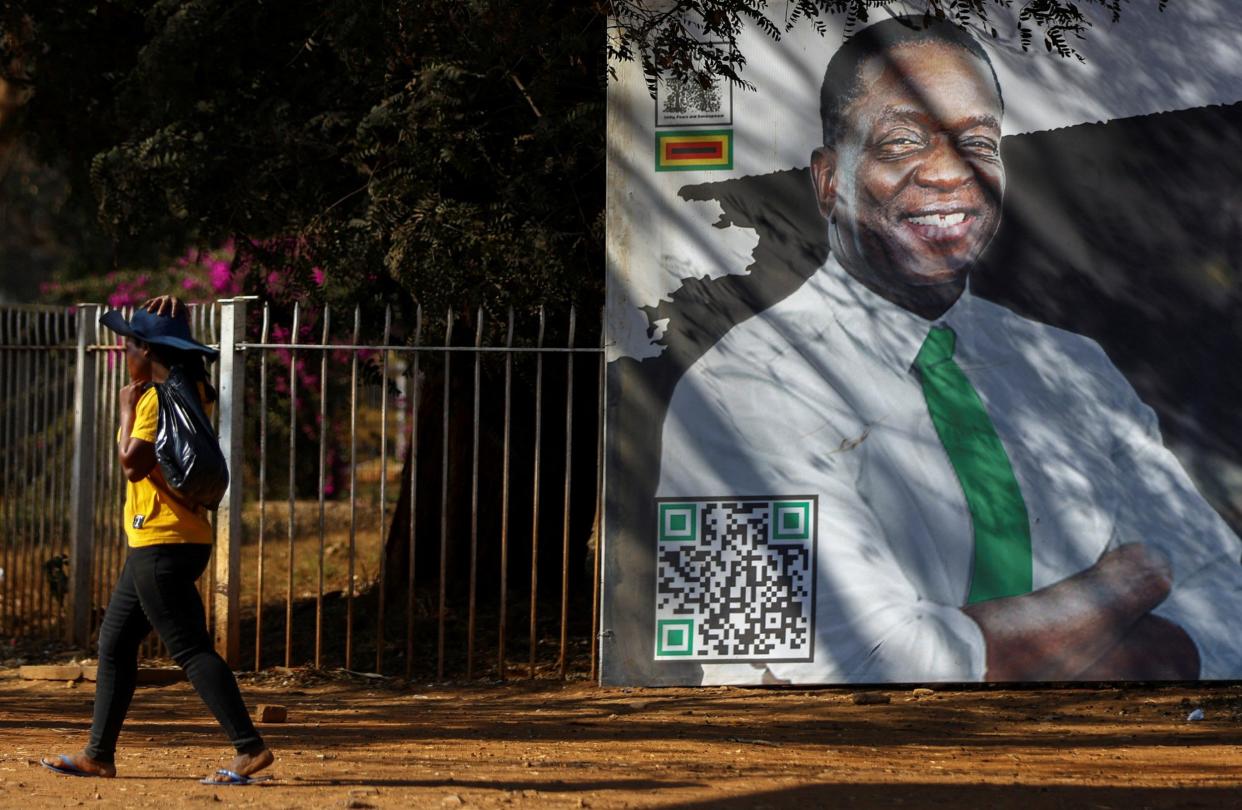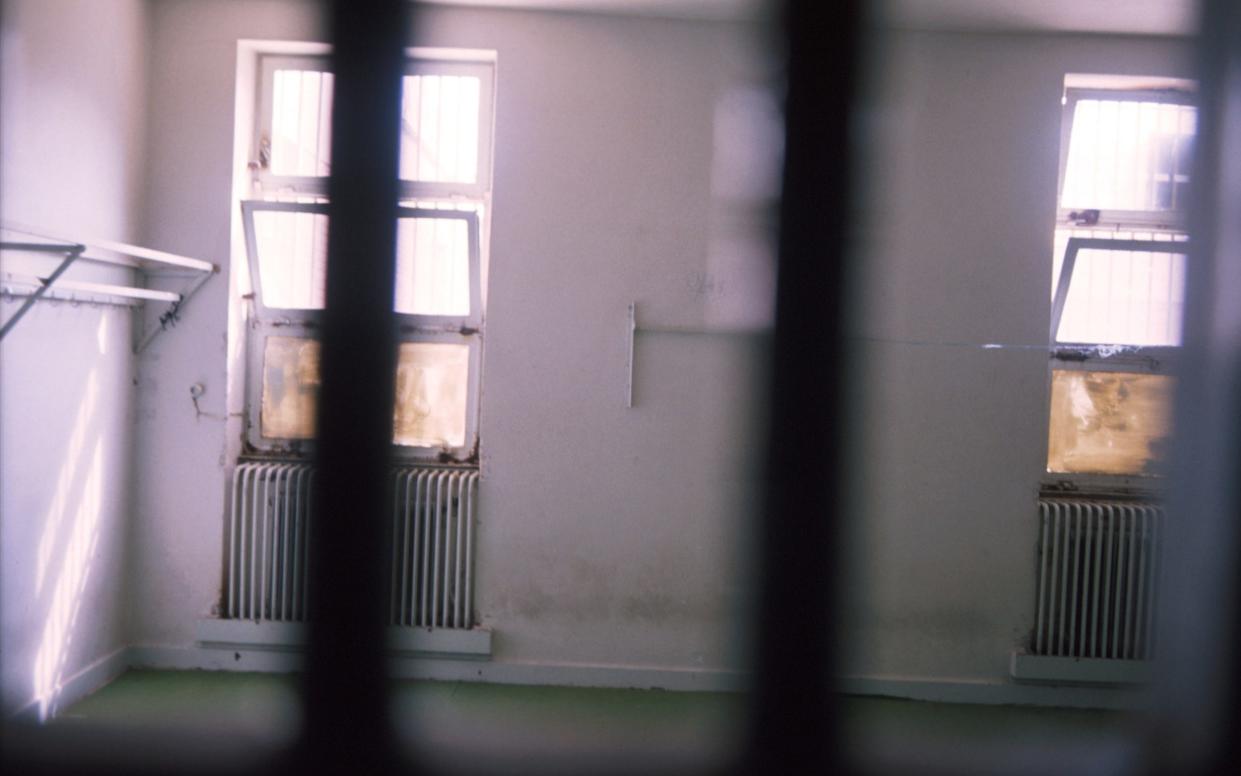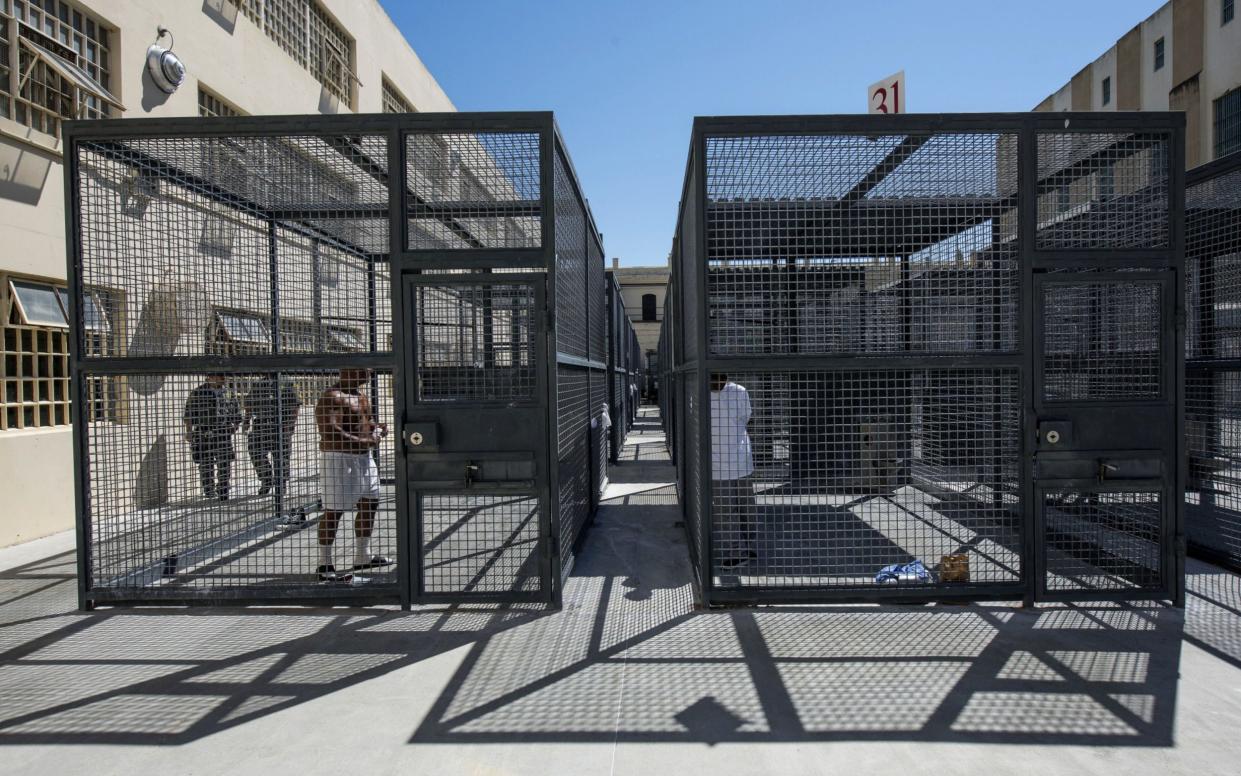Will Africa be the next continent to abolish the death penalty?

When a young independence fighter called Emmerson Mnangagwa was caught and tried in 1965 in what was then Rhodesia, the judge made it clear his youth alone would not save him from the hangman.
He might have said he was only 18 when his gang of saboteurs bombed a train in Fort Victoria, now Masvingo, but the court still had the discretion to execute him.
However, opting to spare him, the judge instead sentenced Mnangagwa to 10 years in jail and it was there he befriended the man who became his political patron: Zimbabwe’s future leader Robert Mugabe.
Some six decades later, with Mr Mnanagagwa now himself Zimbabwe’s president, his cabinet in February agreed to abolish the death penalty which had once threatened his young life.
Mr Mnanagagwa, who is thought to have actually been aged 23 at the time of the attack, has long opposed what he has called a cruel, inhuman and degrading punishment. Political commentators believe his views have been strongly shaped by his experience all those years ago.

Zimbabwe’s parliament must still approve the abolition, but the measure has widespread support and is expected to pass easily in the coming months.
Such a move would see the nation join a string of African countries in ending capital punishment in recent years.
Ghana abolished the death penalty for everything except high treason last year. Sierra Leone and the Central African Republic both totally removed the punishment the year before. They are among a total of eight African countries who have abolished it completely since 2014.
Many of those which do retain it have not carried out any executions for years, or even decades. Kenya still sentences people to death, but has not held an execution since 1987. Tanzania has not held one since 1995. Others, such as Burkina Faso, Zambia and Equatorial Guinea, now only keep it for extreme circumstances, such as martial law.
‘A beacon of abolitionist hope’
Campaigners across the continent and their international supporters now believe there is momentum for perhaps the whole continent, or at least sub-Saharan Africa, to scrap the punishment eventually.
Bronwyn Dudley, of the World Coalition Against the Death Penalty, said 26 African countries are considered abolitionist in law with at least 14 currently observing a moratorium on executions.
“This demonstrates and confirms an on-going trend that could make Africa the next abolitionist continent,” she said.
As well as the ban currently before Zimbabwe’s parliament, Liberia, Malawi and Kenya all have bills at varying stages that would abolish the death penalty.
Oluwatosin Popoola, of Amnesty International, said: “In the abolitionist movement, we have always seen Africa, particularly sub-Saharan Africa, as a beacon of hope.
“In fact lots of countries in Africa have abolished the death penalty in the past decade.”
He went on: “I’m optimistic that many countries, the majority, will abolish the death penalty very soon.
“I think in the next five to ten years, we will cross the half-way mark.”

The drivers behind the wave of abolition vary, but many countries see the punishment as a colonial era legacy imposed on them by foreign governments.
Mr Popoola said: “The death penalty was used by a lot of colonial powers in Africa to oppress the local population and nationalist leaders and agitation for independence.
“In countries in Africa that still have a lot of anti-colonial sentiment that is used as grounds to abolish the death penalty.”
African leaders who for decades did not believe abolition was a political priority have also been emboldened by opinion polling showing either popular support, or at least indifference to scrapping the punishment.
Others have come to see abolition as a way to improve relations with international institutions.
Campaigners have also been successful in highlighting the vulnerability of those who end up on death row, particularly the poor who cannot afford decent lawyers, and the resulting scope for appalling miscarriages of justice.
Wrongful convictions
Ishmail Gome spent 12 years on death row in Malawi after being fitted up for murder.
When Foliasi Chibwazi was found dead, police discovered a single set of footprints from the scene of the crime to the home of Pitilizani Chabuka, Mr Gome’s nephew.
But after Mr Chabuka was arrested, he falsely implicated Mr Gome as an accomplice and his uncle was beaten and coerced into signing a confession he could not even read.
“When I heard the sentence, it hurt,” Mr Gome said earlier this year recalling his death sentence.
“All your plans are ruined. You are not doing anything. I just worried every day. It made my blood pressure go up. I asked myself ‘Is this what God wanted me to do? What future do I have now?’”
The miscarriage was only corrected after his case was reviewed by human rights lawyers and his nephew admitted to falsely accusing him.
Executions and death sentences on the continent are increasingly concentrated in just a handful of countries.
The latest figures from Amnesty show Egypt executed 24 people in 2022 and handed down 538 death sentences.
Somalia executed at least six people that year and South Sudan executed at least five. No other African countries held any executions in 2022.
Worldwide, the use of the death penalty is dominated by China, Iran and Saudi Arabia. Its use in America has declined significantly.

China closely guards the scale of its executions and death sentences, but Amnesty estimates they are annually in the thousands.
Iran executed at least 576 people in 2022 and Saudi Arabia executed 196.
As well as the current political and popular momentum behind abolition in Africa, campaigners have also successfully used legal challenges to limit use of the penalty.
Campaigners in Africa have learned from legal challenges elsewhere, often other Commonwealth countries, to press their cases.
Death penalty abolitionists in some Caribbean countries have successfully challenged its use at the UK’s Privy Council, which remains their final court of appeal.
African Commonwealth countries, who have full independence and different constitutional arrangements, have gone on to successfully use similar arguments, said Saul Lehrfreund, founder of the Death Penalty Project, which has been helping death row prisoners for more than 30 years.
In one 2005 case, the project and a young Keir Starmer, the Labour leader, helped Ugandan lawyers persuade the country’s constitutional court to overturn the death sentence for 417 people.
As more countries abolish capital punishment, pressure grows on the remainder, Mr Lehrfreund believes.
He said: “Which side of history do you want to be on? If you were to ask that question 25 years ago, it wasn’t really a question. But now it does matter, because the vast majority of the continent have moved away from the death penalty.”
Protect yourself and your family by learning more about Global Health Security


